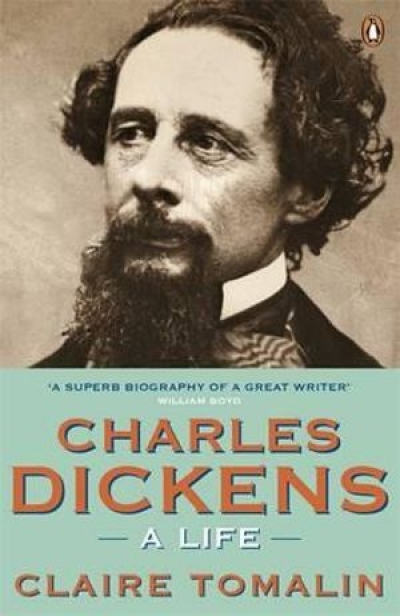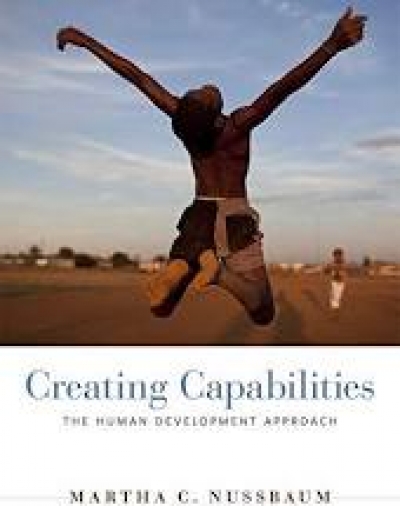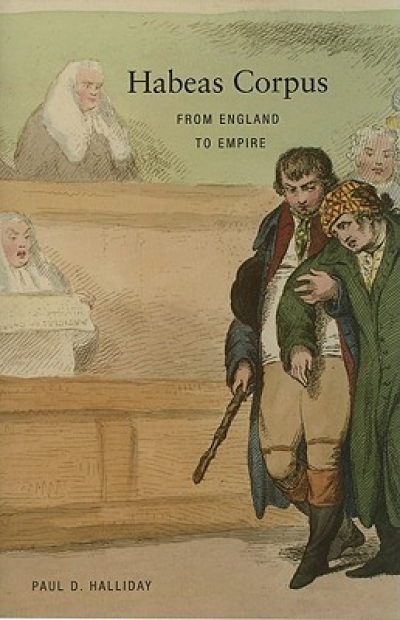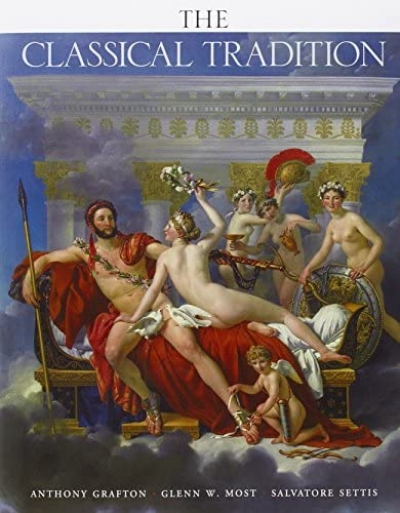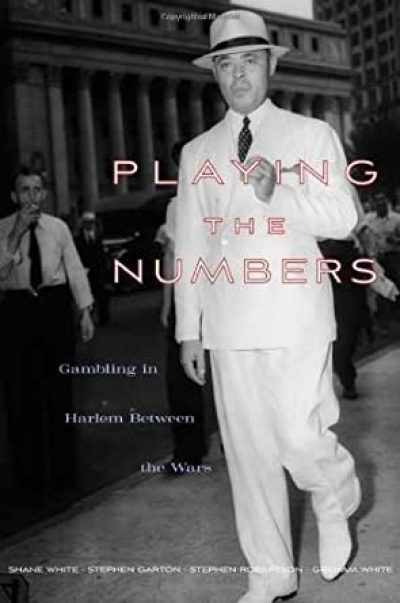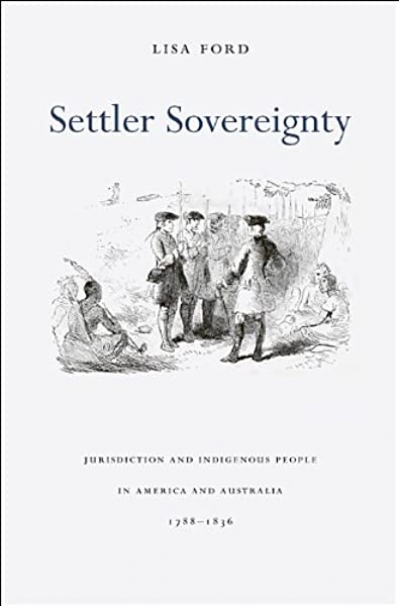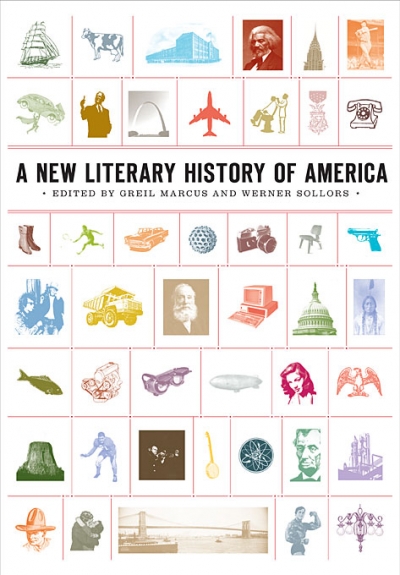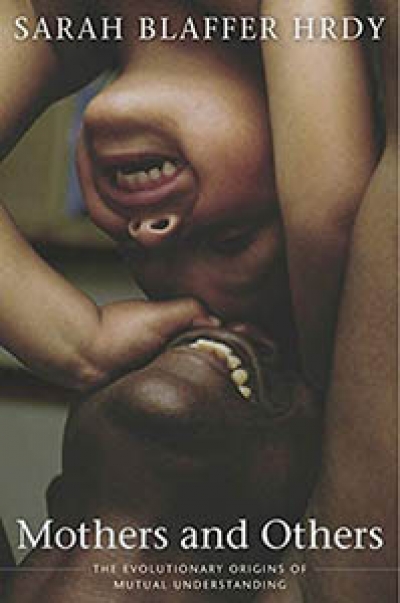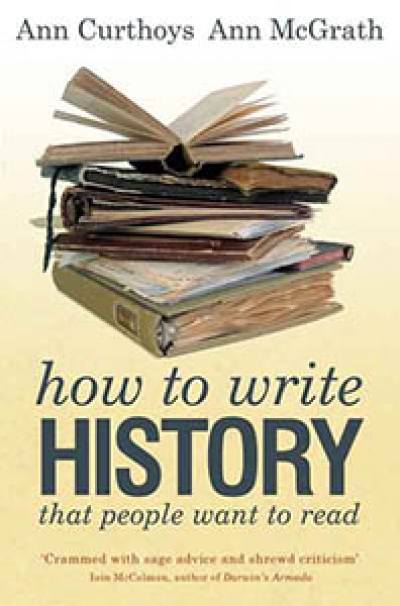Harvard University Press
Charles Dickens by Claire Tomalin & Becoming Dickens by Robert Douglas-Fairhurst
by Evelyn Juers •
Creating Capabilities: The Human Development Approach by Martha C. Nussbaum
by Belinda Probert •
The Decline and Fall of the American Republic by Bruce Ackerman
by Alison Broinowski •
The Classical Tradition by Anthony Grafton, Glenn W. Most, and Salvatore Settis
by Christopher Allen •
Playing the Numbers: Gambling in Harlem between the Wars by Shane White, Stephen Garton, Stephen Robertson and Graham White
by David Goodman •
Settler Sovereignty: Jurisdiction and indigenous people in America and Australia, 1788–1836 by Lisa Ford
by Henry Reynolds •
A New Literary History of America edited by Greil Marcus and Werner Sollors
by James Ley •
Mothers and Others: The evolutionary origins of mutual understanding by Sarah Blaffer Hrdy
by Michael Gilding •
How to Write History That People Want to Read by Ann Curthoys and Ann McGrath & Voice and Vision by Stephen J. Pyne
by Stuart Macintyre •

